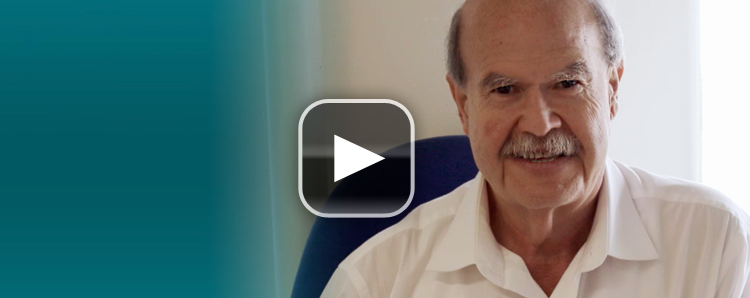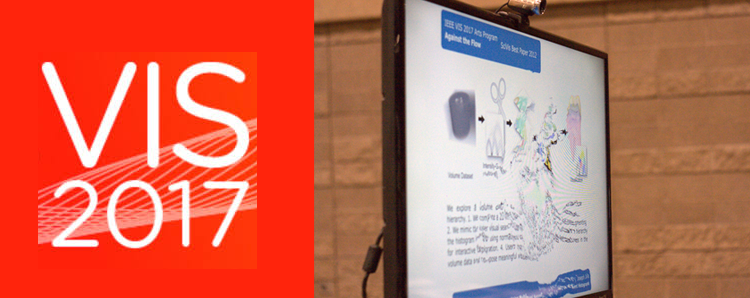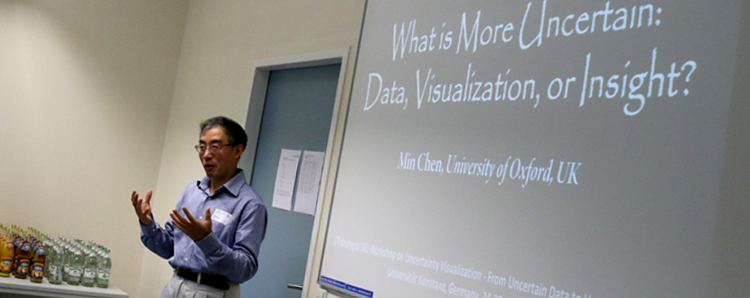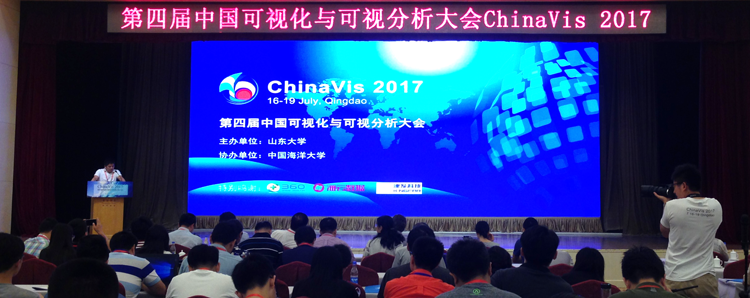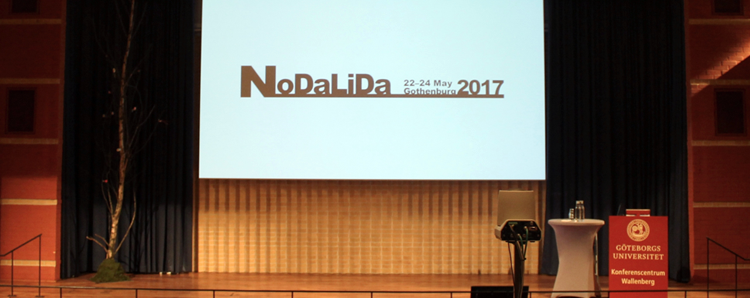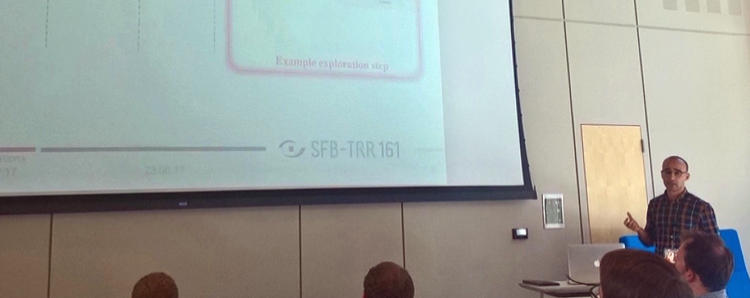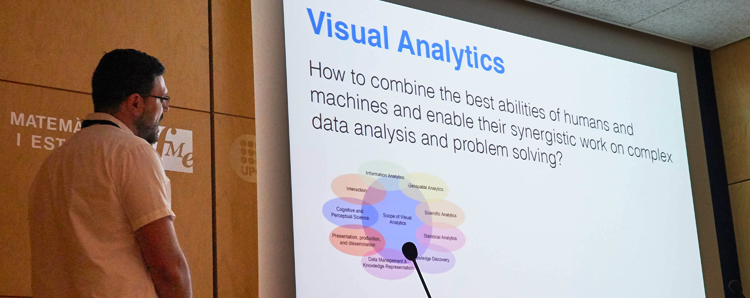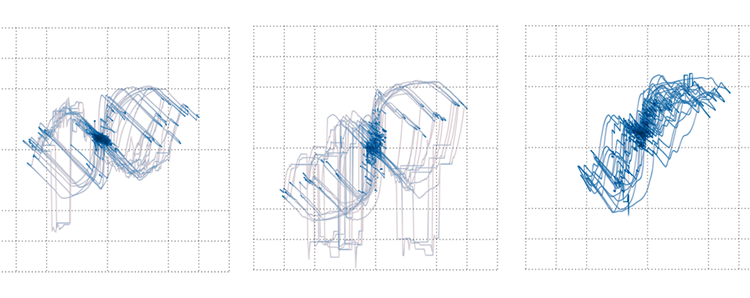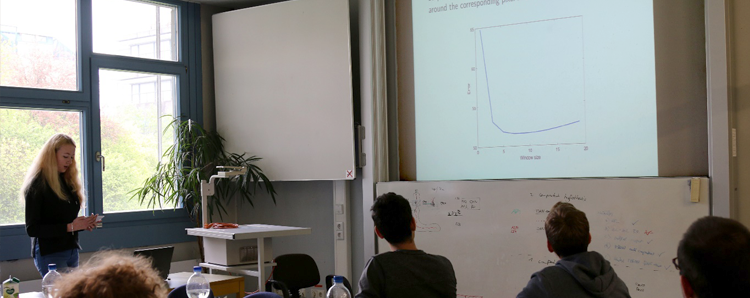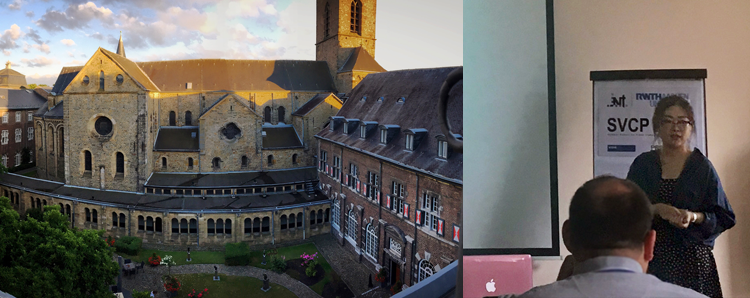I had the chance to interview Prof. Grinstein after his talk ‘Visual Analytics: A Modern View of its Future and Research Opportunities’ at the University of Konstanz in June 2017, when he visited Prof. Daniel A. Keim and his project team within the SFB-TRR 161. In my interview he was answering questions like “Why is research in the field of computer science, data visualization and visual analytics so important?”, “What are the major risks of visualization and visual analytics in the future?”, “What do we have to teach our children to make them fit for the future world?”, or “What challenges does Georges Grinstein still have?”
Prof. Georges Grinstein – Why is his research so important and what does he tell his grandchildren?
